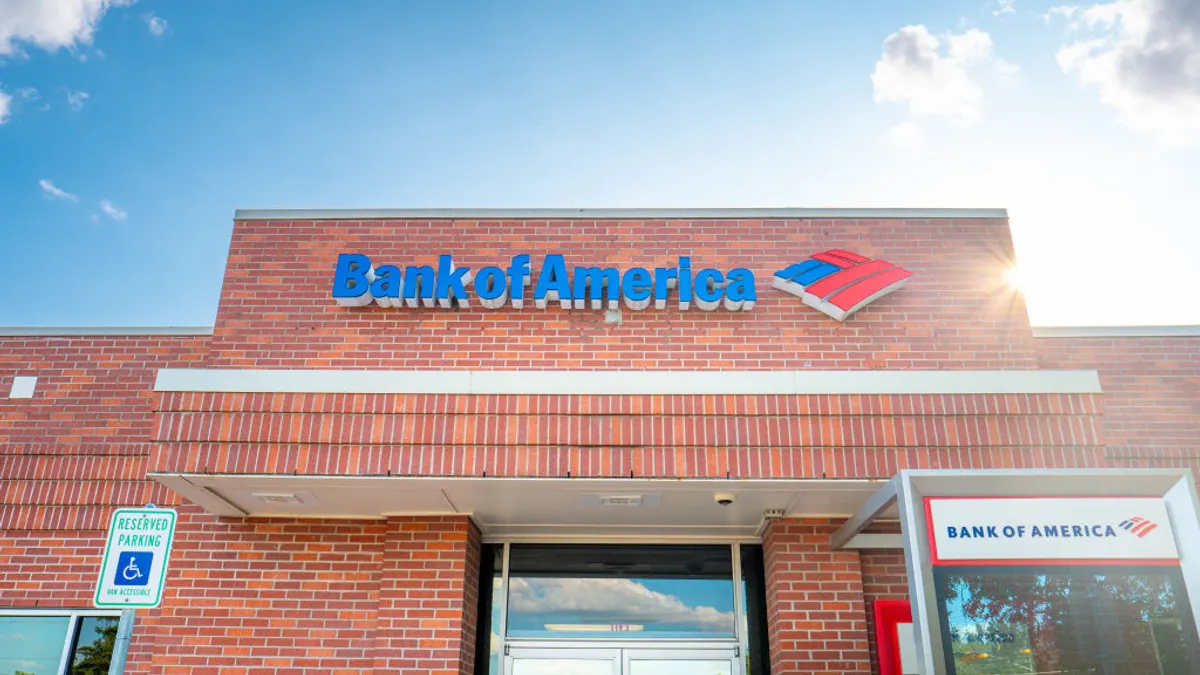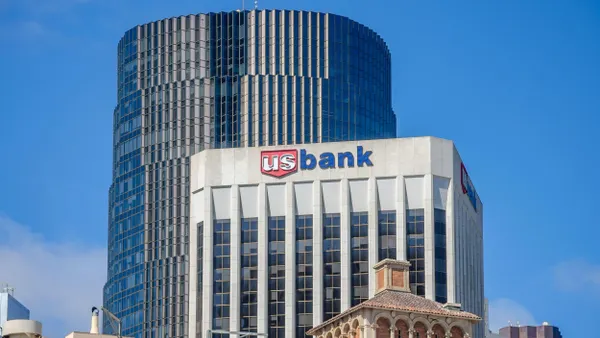The fintech sector is in a period of realignment. In 2023, global fintech investment dropped 50% year over year, according to CB Insights. Startups that once chased rapid growth are now shifting gears, rethinking their models and looking for paths to profitability.
But growth is still possible, just not in the way it once was. At TravelBank, we’ve learned that success in today’s climate depends on solving targeted problems for overlooked segments and focusing on delivering real, measurable impact at every turn.
Since our acquisition by U.S. Bancorp in 2021, we’ve grown our revenue 6.5x and expanded our customer base 7x. This growth didn’t happen by chance. It came from taking an intentional approach in an uncertain environment. Here are a few lessons we’ve learned along the way.
Solve for the segments others ignore
For years, fintech innovation, and traditional bank resources, have largely focused on two ends of the business spectrum: small startups and large enterprises. Mid-sized, high-growth companies were left stuck in the middle; too big for consumer-focused credit cards but too small for complex legacy systems.
We saw an opportunity in that gap. These companies shared a common operational pain point: managing employee travel, expenses and corporate spend across siloed platforms. We built our platform to unify those workflows into an all-in-one solution and to ease the burden on both the employee and finance teams.
Following our acquisition, we aligned more deeply with the U.S. Bank commercial banking strategy, targeting the mid-market with an integrated, modern solution for travel booking, expense management and virtual corporate cards. That decision proved critical as remote work took hold and finance leaders needed more visibility into decentralized spend.
Make ROI your core offering
In today’s tighter funding environment, return on investment isn’t a nice-to-have, it's the entire pitch. TravelBank has always focused on simplifying workflows and reducing friction, but now those features have become the difference-makers in customer purchasing decisions.
To quantify our impact, we commissioned a 2024 Total Economic Impact study by Forrester Consulting. The results showed:
-
$482K in total savings per customer over three years
-
240% return on investment
-
Significant reductions in manual expense processing and reconciliation time
These results reflect a broader trend in fintech: solutions that simplify workflows, reduce friction and deliver real savings are gaining ground. And the most successful models combine fintech agility with the infrastructure and credibility of established banks.
The right partner can accelerate everything
One of our biggest inflection points came in 2023 with the launch of the U.S. Bank Commercial Rewards Card, powered by TravelBank. Unlike traditional corporate cards, this solution was designed to integrate directly into our platform, offering finance teams real-time visibility, dynamic budget controls and instant virtual card issuance.
Since launching, Commercial Rewards spend has grown 24x. But the bigger win is how seamlessly the product has become a part of our customers’ everyday financial workflows. When a product solves real problems and fits naturally into existing processes, it becomes indispensable.
That kind of integration and reach wouldn’t have been possible without the infrastructure and trust that a partner like U.S. Bank provides. The right partnership can unlock scale and credibility that would be hard to build alone.
A playbook for thoughtful growth
While the market may have cooled, the need for smart, more intuitive financial ecosystems, particularly for the mid-market, is still wide open. For fintechs navigating this environment, success isn’t about chasing the flashiest ideas. It’s about solving real problems for overlooked customers, delivering measurable impact that teams can feel in their day-to-day work and partnering in ways that support long-term growth.
There is still plenty of white space for fintech innovation. The challenge, and the opportunity, is knowing where to look, and being bold enough to build where others aren’t.










